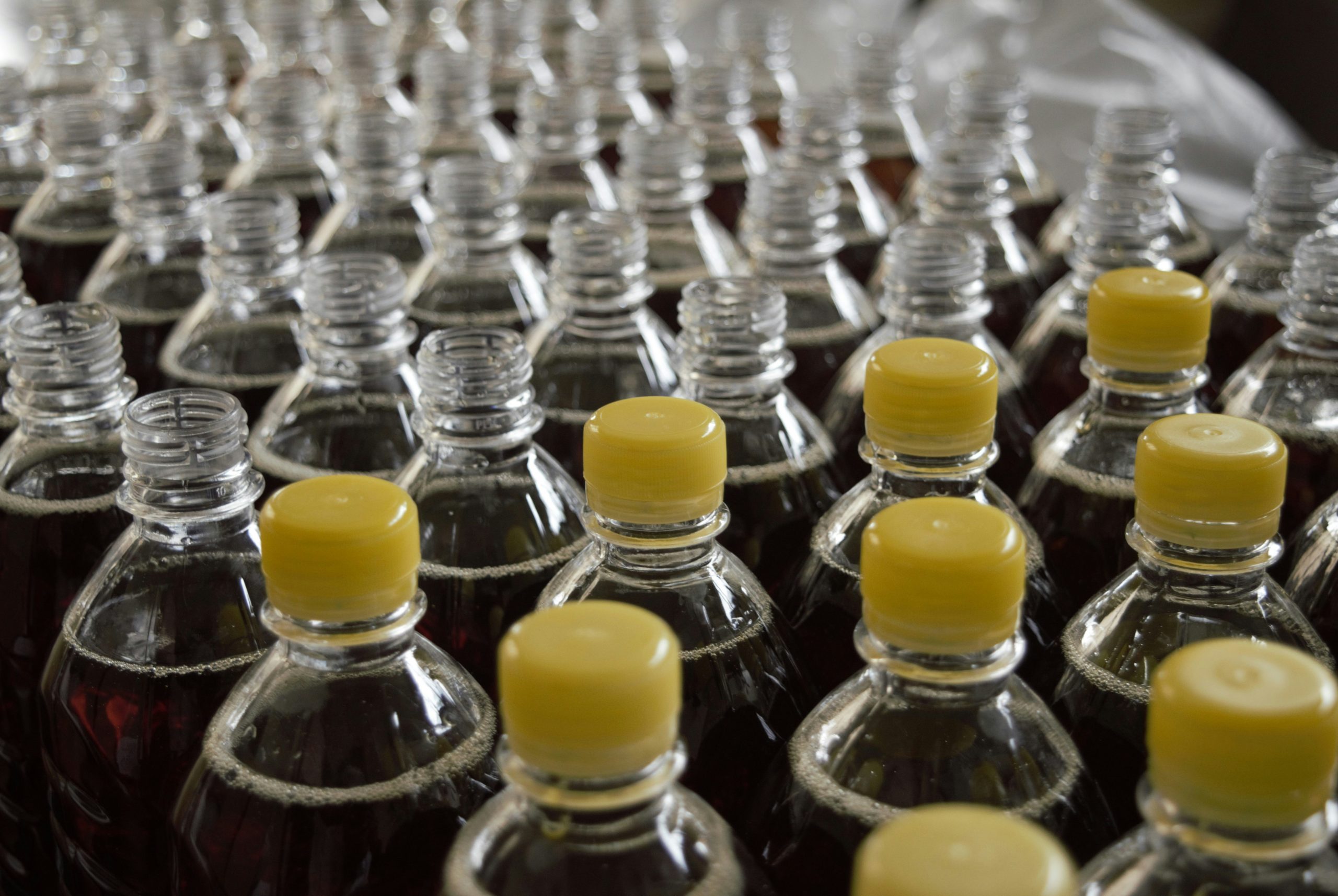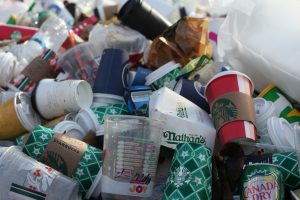Lets work together



Suite 3A, Chapel Allerton House, 114 Harrogate Road, Leeds, LS7 4NY
ukinfo@integrated-skills.com
+44 (0) 3300 888 670

Waste Composition Analysis is a service Integrated Skills have been providing since 2010, but recent policy changes mean that requests for our assistance are on the rise. Here we’ll be briefly explaining what WCA is, as well as outlining the multiple reasons for increased uptake by local authorities.
What is Waste Composition Analysis?
WCA is the process of physically separating, weighing, and analysing the waste and recycling collected by local authorities, or being delivered by the public and businesses to Household Waste & Recycling Sites.
Categories include:
Each of these categories is further separated into sub-categories to give a detailed view of exactly what is being collected.

What is WCA Used For?
Each authority we work with will have specific objectives in mind, but the most common theme is to find out which waste streams are contaminated, to what extent, and by what materials (e.g. recyclable material in residual collections).
This arms authorities with the data needed to:
As part of our summer series of webinars in 2019, ISL presented a masterclass detailing the most effective approach to undertaking a WCA- have a watch if you’d like more information.
What is Boosting Interest in WCA?
Recent policy changes and upcoming deadlines for earlier schemes have driven uptake. Namely:
Let’s look at each in turn:
The Deposit Return Scheme
The Government released their latest press release on this subject in January 2023. They describe it as “a new cash incentive system, placing deposits on drinks bottles and cans, which will boost recycling from 2025”.
In a nutshell, consumers will be incentivised to return used drinks containers to “reverse vending machines” for recycling, and will receive a cash incentive in return. This will apply to England, Wales and Northern Ireland by October 2025.
Materials falling under the scheme are:
Waste Composition Analysis will show authorities the quantities of each container type they are currently receiving via all their waste management channels; giving them a baseline to measure the impact of DRS.

Extended Producer Responsibility
The government last updated their guidance for the EPR scheme in January 2024, with changes to come into effect from 2025. This policy essentially makes manufacturers financially responsible for the post-consumer disposal of their packaging.
WCA is essential for EPR to be effective. Without accurate measurement, manufacturers can’t be charged accurately to cover their products’ contribution to recycling costs. Of course, if all authorities collected refuse and recycling in the same ways, this analysis would be far easier to average out for the country as a whole. As that’s not the case, individual authorities will need their own WCA.
Emissions Trading Scheme
This scheme focuses on carbon dioxide emissions, in line with the UK’s plans for Net Zero. The Government’s policy paper was released in December 2023 and the scheme is a replacement for the UK’s participation in the European Union Emissions Trading Scheme (EU ETS).
Essentially, companies and organisations (including local authorities) will need to “buy allowances” from the Government to emit carbon dioxide. These allowances will be reduced in number, year on year, resulting in price increases. The idea is that businesses will strive to move to more eco-friendly operations to avoid the additional costs.
For local authorities, allowances will need to be purchased for all fossil-derived material (mainly textiles and plastics) processed through Energy from Waste Plants (currently landfill and anaerobic digestion are outside of scope).
Compliance with the scheme will require accurate data on the waste being collected by individual authorities- another reason for our recent uptick in WCA enquiries.
Simpler Recycling Proposals
You can read in-depth info on this in our recent blog, but to summarise: the updated rules will include a weekly food collection service (which should be in place across the country by March 2026), as well as unified rules for what can be recycled for all residents, educational establishments and businesses.
With the standardisation of recycling rules across the country aside (as deadlines are still being confirmed), the food waste collection element alone will require huge changes from local authorities. WCA will be vital for estimating the amount of food waste that will need to be collected.

Thoughts from Integrated Skills
Having been providing WCA services for nearly 15 years, we fully understand the wealth of information that can come from professional analysis. Our WCA clients currently include West London Waste Authority, Luton Borough Council, States of Guernsey, South Gloucestershire Council, Wigan Council, and City of London Corporation, amongst others.
With so many changes on the horizon, knowing what is currently being collected and how your collections could be altered to suit your community, your budget, and the new policies coming into play is essential.
We’ll leave you with a word from our Director of Business Development, Stuart Henshaw:
“After a policy drought for some time, the recent deluge of new policy from Government and its three-letter acronyms, DRS, EPR & now ETS, together with Simpler Recycling (2026 and 2027 versions), has got many Local Authorities thinking about Waste Composition Analysis services to help to steer a course through this legislation.
Integrated Skills have been building these policy requirements into our analysis so we can tailor our reports and provide our clients with details of their exposure to this new legislation as well as the more familiar answers provided by waste composition analysis.
Government’s inclusion of Energy from Waste plants into the UK Emissions Trading Scheme will have a major impact on UK local authority waste services. The cost to already cash-strapped authorities will be huge, and the measures that will be required to alleviate these costs will mean a significant change in producer, consumer, and recycling behaviour.”
Would you like to know more about Waste Composition Analysis: A Service on the Rise? Fill in your details below and let us know how we can help.
Website Designed & Built by we are CODA